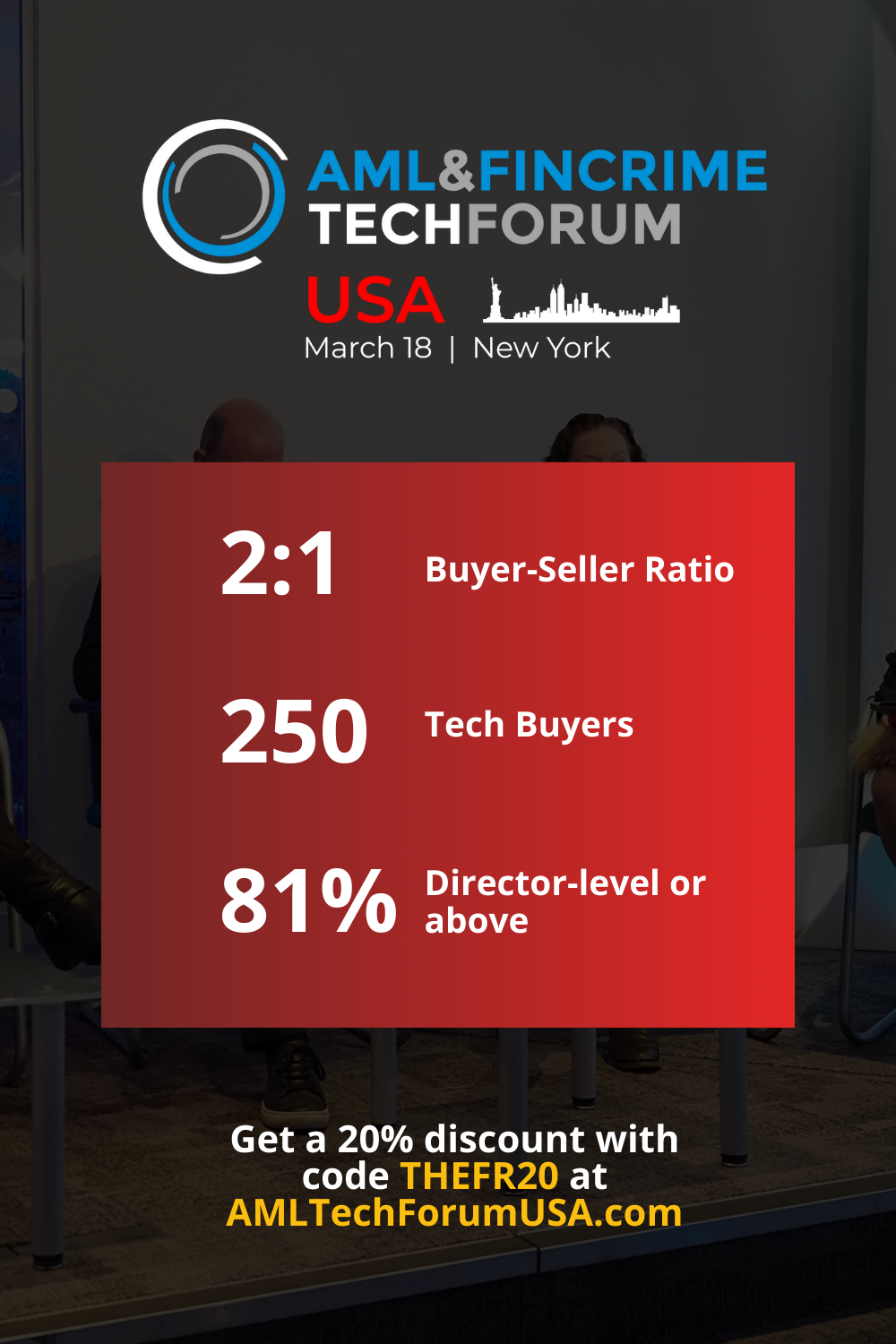A regulatory battle over fintech.
/The idea of fintechs becoming full-service banks is one that’s been long debated, and it’s come to the forefront since the Office of the Comptroller of the Currency last year began taking applications for a national bank charter from fintech companies. Since that time, there has been much debate on the nature of the charter or whether it’s even necessary. But comments this week from the Federal Reserve may scupper the dreams of fintechs becoming banks.
As reported by Reuters, the central bank is wary of giving fintech firms access to the country’s financial infrastructure. Among those quoted include St. Louis Fed President James Bullard, who said, somewhat ominously, “I am concerned that fintech will be the source of the next crisis.” This could be a big roadblock because without the ability to provide FDIC insurance or payment system access, a fintech charter is effectively no more than a national lending license, says Josh Siegel, CEO of StoneCastle, a financial technology company managing over $14 billion on behalf of its clients. “That still gives fintechs the option to apply for a traditional OCC charter,” Siegel adds, “but the restrictions on growth rates, permission to change business plans or strategies, and source of strength from the parent company would remain items to strongly consider.”
While the Fed’s concern is understandable, it’s also true that the U.S. lags behind other geographies in giving fintechs bank licenses — specifically the U.K. and Germany, where regulators have overseen and guided the process for tech firms to become full-fledged banks, and have seen the explosion of so-called challenger banks. It remains to be seen if the Fed’s concerns will derail a similar scenario from playing out here.
This article was published as part of Weekly Briefing No. 157








